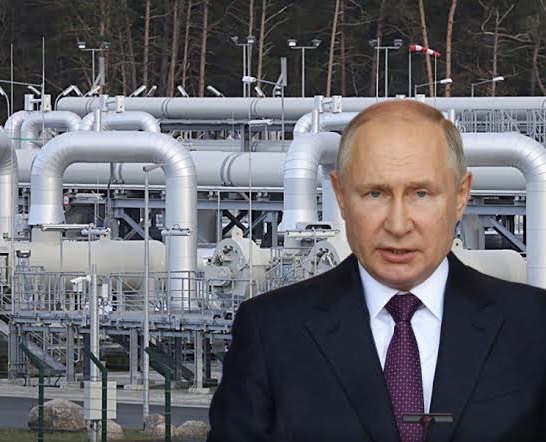Russia is losing its gas war against Europe.
That’s what Standard Chartered analysts think, according to a new report from the company, which was sent to Rigzone this week.
“The EU gas market appears well-supplied after six months of reduced demand and increased imports,” the analysts stated in the report, adding that “prices reflect an improving outlook”.
“Dutch Title Transfer Facility (TTF) gas fell below EUR 170/MWh in early trading on 20 September, less than half its 26 August intra-day peak,” the analysts continued.
In the report, the analysts noted that EU gas demand for the six months commencing 1st October is usually about 70 percent higher than the previous six months, “with the January peak usually more than double the previous summer’s low”.
“A stronger-than-usual seasonal inventory build has left the market much better prepared to meet that demand peak than it was a year ago,” the analysts said in the report.
“We estimate total EU gas supply has risen 1.2 percent year on year over the past six months despite the fall in imports from Russia, while demand has fallen 13.3 percent year on year over the same period. The resultant inventory build of nearly 70 billion cubic meters is 21 bcm larger than the equivalent 2021 build,” the analysts added.
“As of 18 September, EU gas inventories stand at 98 bcm, 2 bcm higher than the five-year average and on course to reach a peak above 103 bcm before draws commence,” the analysts continued.
The Standard Chartered analysts highlighted in the report that their modelling shows that EU gas inventories are likely to finish March 2023 “well above their end-March 2022 level of 29.7 bcm”.
“A baseline scenario has demand 10 percent lower year on year over the next six months while supply is kept at the level of the past six months; this results in an end-March inventory of 73 bcm and implies that inventories would refill to maximum as soon as July 2023,” the analysts stated.
“In a more extreme scenario with all remaining Russian gas flows into the EU shut off immediately, no additional supply from elsewhere and a five percent year-on-year demand fall, inventories would finish March at a still healthy 44 bcm, 6 bcm above the five-year average,” the analysts added.
“As long as demand stays lower year on year, we see no plausible scenario over the next six months in which EU inventories move lower year on year,” the analysts went on to note.
In a separate report sent to Rigzone last week, Standard Chartered analysts stated that EU gas inventories had continued to build faster than usual and highlighted that Russia now accounts for just nine percent of EU gas imports, “with the only remaining flows into the EU being into the Baltic States via Belarus and directly from Russia, into Slovakia via Ukraine, and into Bulgaria and Hungary via Turkey”.
“Russia is running out of levers to pull in its attempts to destabilize European gas markets and, with inventories building so strongly despite flows of Russian gas to Germany being cut to zero, the path of least resistance for gas prices has been lower,” the analysts stated in that report.
•By Andreas Exarheas|Rigzone Staff
To contact the author, email andreas.exarheas@rigzone.com
